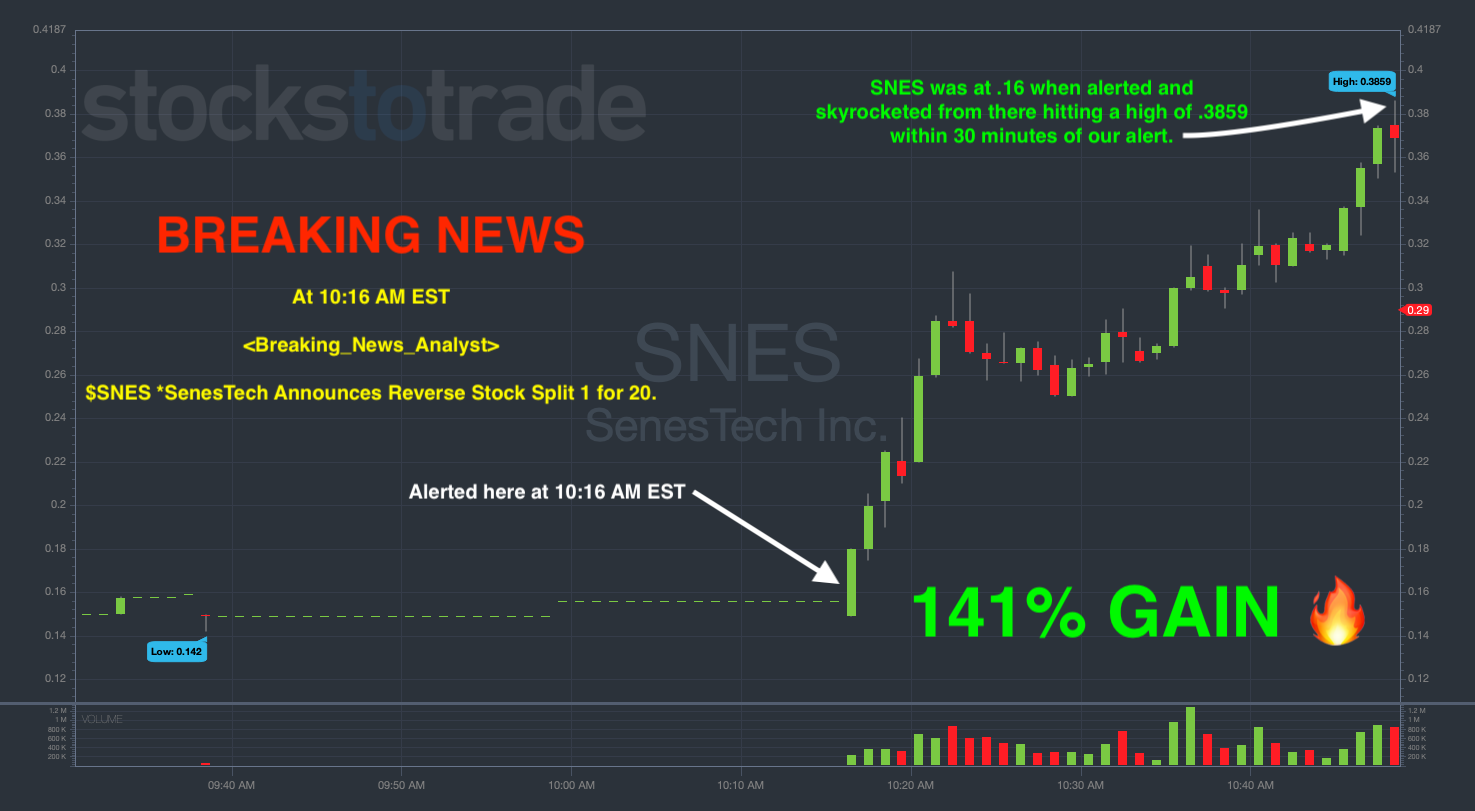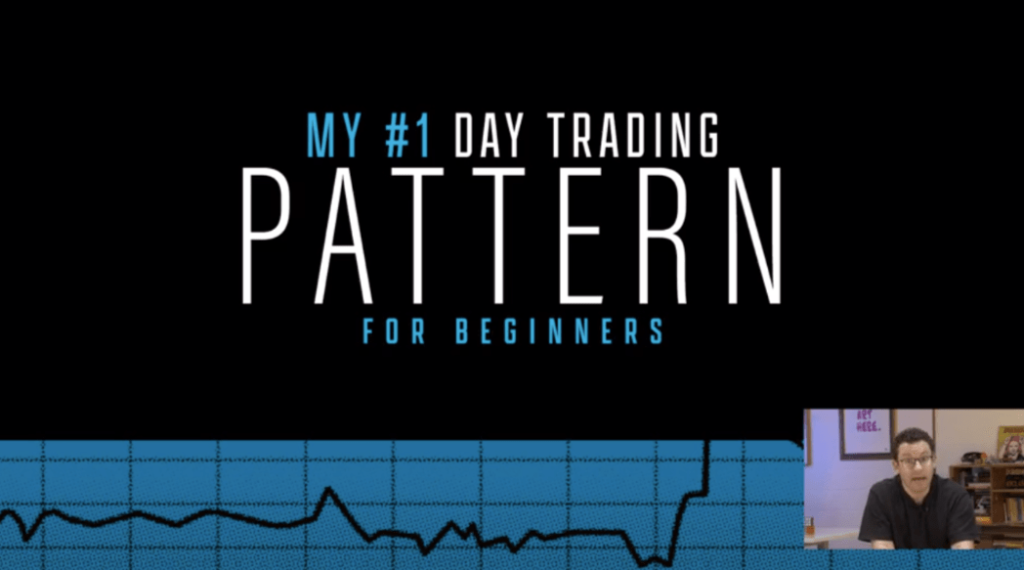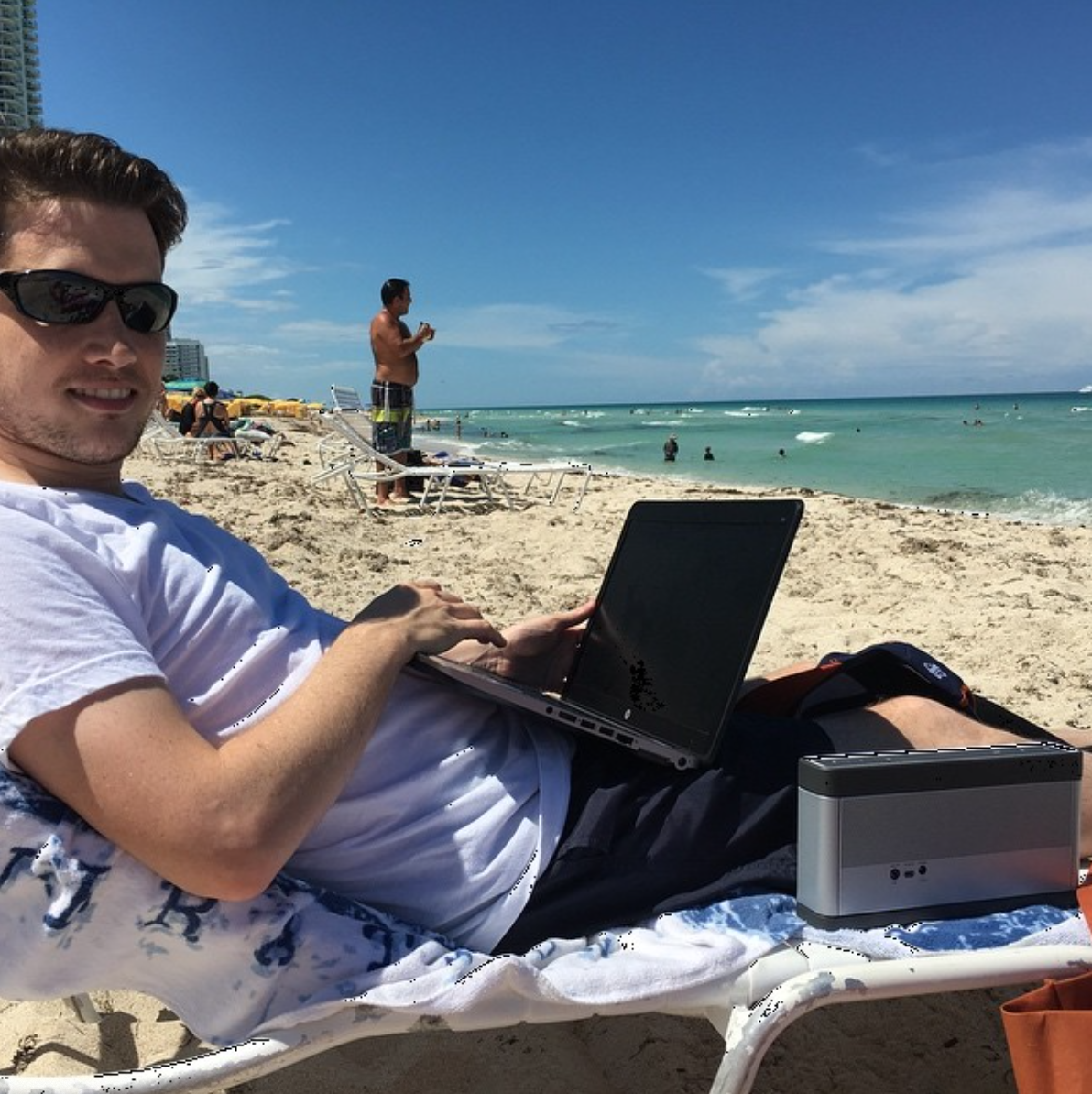How can you test your potential trading strategies without risking a lot of money?
Developing a strategy is difficult — but executing your game plan is even more challenging.
You only need to look at social media for a few minutes to see hundreds of clueless idiots rambling on about their incredible trading strategies…
Think about it … How many of these Twitter promoters can deliver consistent returns, year after year, and prove it?
The answer: very few.
This is why you can’t call it a day after simply developing a strategy. You’ve gotta test it, practice it, and consistently execute it.
And even once you’ve tested your strategy, the setups aren’t going to trade themselves.
There’s still a lot of work ahead of you.
Now, you might be wondering … What specific steps can you take early on to prepare yourself to eventually live-trade a large account?
Keep reading and I’ll show you a few tips and tricks that have helped me test my strategies over my 10+ years as a professional trader…
Test Your Ideas with Paper Trading
As a newbie, one of the best ways to test your skills is by paper trading.
Paper trading allows you to try out a wide variety of strategies, setups, and patterns without risking a dime.
Think about a great sports team. I’m a huge basketball fan and my favorite team is the San Antonio Spurs, so we’ll use them in this example…
Do you think the Spurs have won five NBA championship titles by running out on the court and winging it?
Of course not! The Spurs practice their butts off, which is why they’ve been able to deliver such incredible results.
Want to be alerted to hot trade ideas before anywhere else?
Breaking News Chat is the alert service that traders can’t get enough of. Two former financial analysts scour the stock market and news for stocks that could potentially spike and alert the room allowing you the chance to get in on the action.
Check out the alert for SNES on November 15th:
This is a tool you’ll want in your trading toolbox.
Paper trading is like a scrimmage for professional traders. If you miss practice, you’re probably not gonna crush it during the big game.
So … how should you paper trade?
When you set up a paper trading account, don’t simulate millions of dollars…
This can skew your early views of the relationship between risk and reward. Additionally, it can make you deal in large numbers that you don’t need to worry about yet.
Instead, simulate a dollar amount that’s closer to the amount you’ll actually be trading.
Do your best to trade exactly as you would with real money. Keep track of your results in your trading journal and check yourself when you’re not performing as well as you’d like.
Then, when you feel you’re ready to put some real dollars to work, there are some other critical factors to consider…
Remove Emotions from Your Mindset
Approach your trading like a sports team takes on a big game…
If they run their plays perfectly all week in practice, that’s great — but they’ve still gotta deliver the goods on game day.
Trading your own money is a whole different ball game than paper trading.
When your hard-earned dollars get involved, emotion can quickly become your worst enemy.
Some people can do incredible technical analysis, but once they start actively trading, it’s a disaster…
They’re emotional wrecks who inevitably become part of the 90% of traders that FAIL.
But I think a lot of these emotional downfalls could be avoided by simply sizing positions more appropriately.
Consider this … If 30% of your account is in one trade, it’s gonna be hard to be objective about your entry and exit plans.
Having such a large amount of money on the line will likely affect your decision-making for the worse.
So, take my advice. Size down your trades to keep your emotions in check.
That said, in the end, all of these points come down to discipline. You’ve gotta keep your eye on the prize and your mind on your goals.
I took a huge leap forward in my trading when I realized my discipline was surpassing any temptation to trade emotionally.
Work towards making that same leap and I think you’ll be amazed at what you can accomplish as a trader.
Final Thoughts
As important as it is to strive towards discipline, consistency, and overall excellence … we all have off days.
If you trade for a long time, at some point FOMO (or emotional trading) will creep up and bite you in the back.
That’s okay. It happens to the best of us. Don’t let one off day get you down.
Cut the losses quickly. Work to identify the mistakes you made. Then, vow to never make them again.



